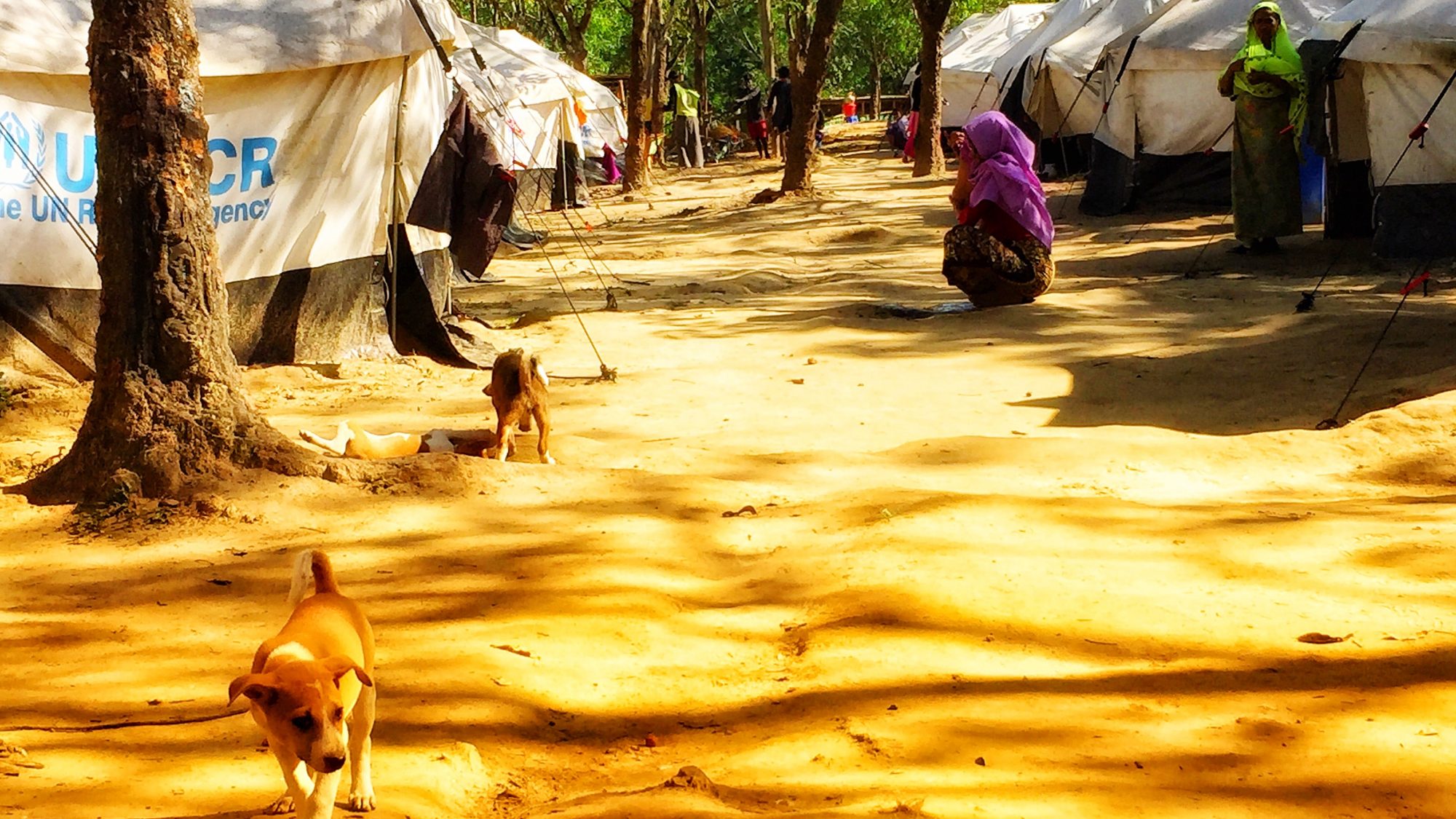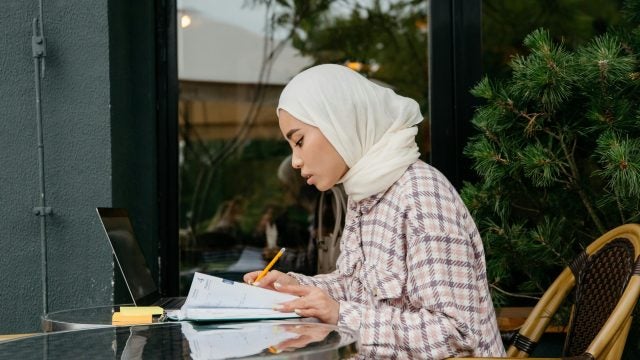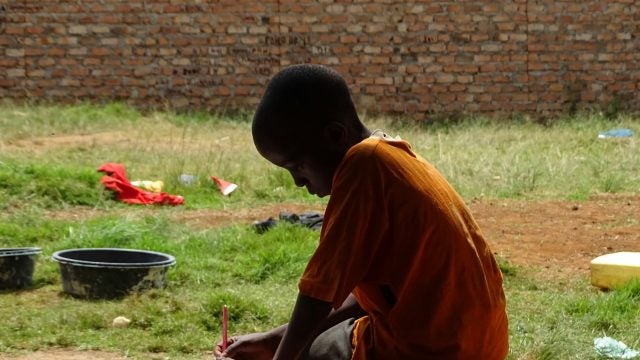
Title: Rohingya Refugees and the Urgency of Solutions
Since several hundred thousand Rohingya refugees from Myanmar sought asylum in Bangladesh over three and a half years ago, joining a few hundred thousand who arrived earlier, there are no long-term solutions in sight. Calls for refugee repatriation continue, but the military-led coup which took place on February 1, 2021 has made that durable solution unconscionable. There is an urgent need to explore other options. This requires shifts in policy by the Bangladesh government and other states, and throughout the process, the voices of the Rohingya must be considered.
The Rohingya refugee situation goes back decades. While the mass influx of some 866,000 Rohingya refugees from Myanmar to Bangladesh which began in August 2017 was shocking, it was not unprecedented. Earlier waves of ethnic Rohingya fled to Bangladesh starting in 1942, as well the late 1970s, early 1990’s, 2012, and 2016. Over many years, thousands of individual Rohingya traveled to Bangladesh for medical treatment and education prior to the most recent mass influx. Some never returned home.
The Rohingya have been described by the United Nations (UN) “as the most persecuted minority in the world.” Some eighty percent of the one million Rohingya refugees currently living in Bangladesh are women and children. The refugee settlements outsides Cox’s Bazar are the largest in the world, which is a strong testament to Bangladesh’s generosity as a nation that recently celebrated fifty years of independence.
Hundreds of thousands of Rohingya refugees living in enormous closed razor-wire fenced camps outside Cox’s Bazar, or the several thousand moved to the Bangladesh Navy run island of Bhasan Char, all need and deserve solutions. Closed refugee camps are always problematic. There is little difference between closed camps and open prisons. The terrible fire which swept through the sprawling camps on March 22, 2021 left several Rohingya dead, hundreds missing and injured, and thousands more without shelter. Reports indicate that the barbed-wire enclosures made it impossible for some refugees to escape. Long-term encampment is no solution.
Despite the military coup led by the Myanmar military (known as the Tatmadaw) which took place on February 1, 2021, there are continued calls for repatriation of the Rohingya by the Bangladesh government and some other states and actors including the United Nations. But this is ill-advised. If more proof was ever needed, the coup should quell any reasonable desire to send the Rohingya back across the border where they would once again face abuse, serious deprivation of human rights, lack of protection, and possible death. The UN Security Council only recently voiced concerns that the recent developments “pose particular serious challenges for the voluntary, safe, dignified and sustainable return of Rohingya refugees and internally displaced persons.” But it is more than that. The coup provides a clear answer that any possibility for safe, dignified, and voluntary return has vanished.
Since the Tatmadaw forcibly reclaimed power after raising erroneous concerns of fraud about national elections which overwhelmingly voted against their interests, Myanmar has found itself in a state of turmoil and horror. Grave, systematic human rights abuses are taking place throughout the country with over 2,700 persons including senior government officials and leaders such as Nobel Peace Prize laureate Aung San Suu Kyi, President Win Myint, and other leaders of the National League for Democracy (NLD), activists, lawyers, and other professionals being arbitrarily arrested, detained and criminally charged. Hundreds more have been subjected to extrajudicial killing, and thousands injured in beatings and shootings by the police and military authorities and gangs of reportedly paid thugs commanded by the Tatmadaw. The UN Special Rapporteur on human rights in Myanmar has noted that the systematic nature of grave violations of human rights since the coup amount to crimes against humanity. There are reports of dozens of individuals fleeing Myanmar as asylum seekers as a result of the coup, only this time they are ethnic Bamar, members of the police and army who refused to follow orders, and Myanmar diplomats who have sought asylum in the United States and beyond. UNHCR has called on Myanmar’s neighbors to protect those individuals forced to flee.
While difficult to predict the outcome, the current situation in Myanmar remains dire. The ongoing repression by the Tatmadaw has not quashed the resilience of the people in the country, who despite life-threatening risks continue to protest and engage in demonstrations and general strikes. However, the Tatmadaw leadership will continue to hang on to power. They are well aware that they could be someday be held accountable for their crimes, and as concerns the Rohingya there is no political currency or advantage ever permitting their return.
Inaction by the UN Security Council, Association of Southeast Asian Nations (ASEAN), and other regional actors and powerful states like China to pressure the Tatmadaw to put down their guns supports the continuation of yet another military junta in Southeast Asia exercising unbridled power and authority against its own people. For the Rohingya, the specter of what is currently taking place in their homeland must be confusing, but at the same time well understood from their own experience of oppression and persecution at the hands of the Tatmadaw. Only now it seems is there a degree of public remorse and understanding amongst some demonstrators in Myanmar for what they experienced.
There is an urgent need to promote alternative solutions, and a range of options that Bangladesh and the international community should consider. One, advocating for local integration in Bangladesh including a gradual end to encampment in addition to providing support to host communities through targeted development assistance. Two, regional responsibility sharing and solidarity through moving some Rohingya to neighboring Asian countries under a managed scheme. Three, country resettlement to countries willing to take them such as the United States, Canada, and other traditional resettlement countries and countries in the Asia region. Four, granting formal protection status to Rohingya refugees living in Asian countries including Malaysia, Indonesia, and Thailand. Five, ensuring safe passage and reception of Rohingya refugees who risk traveling to other countries from Bangladesh. Six, ensuring access to public education, health services, and work rights with government support wherever Rohingya refugees are located. And finally, promoting and securing reparations as a result of past harms.[1]
Despite the challenges and obstacles, the benefits of these policies and pathways in lieu of long-term encampment are evident. Moreover, humanitarian relief is not endless, and in 2020 the annual humanitarian appeal of US$1 billion for the Rohingya response in Bangladesh was funded only 58 percent. Broader responsibility sharing is needed at the same time continuing humanitarian relief and response is required. In the time of the COVID-19 pandemic, the needs are particularly acute.
The Bangladesh government has resisted the idea of long-term solutions other than repatriation for the Rohingya, but it is time to face the reality that they will not be able to safely return home. Using coercive measures or making conditions in the camps unbearable to pressure them to leave, or just continuing encampment, which adds to the Rohingyas alarming levels of mental health disorders, hopelessness, and hardship, is no way forward.
Bangladesh, with the support of the international community, should take meaningful steps to promote broader solutions. Diplomatic engagement from donor countries should likewise shift to advocate for appropriate shifts in policy. Development actors such as the World Bank and United Nations can support an array of solutions with long-term assistance contingent upon commitment by Bangladesh to permit local integration and third-country resettlement. To this end, engaging with regional actors and other Asian states is equally pressing.
Resettlement and other stay arrangements can be explored throughout the Asia region. It is not unrealistic that a few hundred thousand Rohingya refugees could be resettled from Bangladesh over the next several years.[2] There are clear advantages and political opportunities for successful regional resettlement or temporary stay arrangements.[3] Hosting refugees can benefit resettlement countries and refugees gain through accumulation of job and leadership skills, human capital, and work-related activities which produce life-saving remittances sent to family and the community.
The Association of Southeast Asian Nations (ASEAN) and Organization of Islamic Cooperation (OIC) should support a broader approach. Thailand, Malaysia, Indonesia, and other Southeast and South Asian countries already host and provide informal sector work opportunities to several hundred thousand Rohingya as migrant workers and refugees. As in the Comprehensive Plan of Action adopted decades ago for Indo-Chinese refugees, similar arrangements could be made for the Rohingya including the grant of temporary protection and stay permits with work rights. Regional support and solidarity through a managed program of moving Rohingya from Bangladesh to neighboring countries in Asia would be a positive example of global responsibility sharing envisioned by the Global Compact on Refugees. The time is right.
Some of these proposals are being discussed by governments, within the United Nations, and members of civil society and the human rights community, while others need to be kickstarted. While long-term solutions for large refugee populations are never easy, the international community cannot afford to fail the Rohingya. Coordinated international, regional, and domestic pressure and support, in addition to mobilizing and consolidating the collective good will of key governments and institutions, crucially civil society organizations and the Rohingya themselves, are all required to have any chance of success.
[1] The importance of ensuring international accountability, justice, and reparations to victims of serious human rights violations including refugees cannot be overstated. Article 75 of the International Criminal Court (ICC) Statute recognizes the need to establish principles relating to reparations to victims including “restitution, compensation and rehabilitation.” Apart from the ICC Statute there is a significant body of jurisprudence based on international civil liability and other international law which provides reparations and damages for injury to aliens and others as result of wrongful acts by States and State agents. There is also scope to seek reparations from the International Court of Justice if any contracting State were to bring a claim against Myanmar under the Genocide Convention. See: Bernadette Ludwig, John Packer, and Michael A. Becker.
[2] By analogy, starting in 2008, over 100,000 Bhutanese refugees, whose plight was not dissimilar to the Rohingya in terms of being denied citizenship by the Bhutanese government, were resettled over several years with support by UNHCR and IOM from Nepal. In 2006, the United States made an offer to settle over 60,000 Bhutanese refugees. As another example, between November 4, 2015 and February 29, 2016, in only four months, Canada resettled more than 25,000 Syrian refugees.
[3] On March 12, 2021, the US Secretary of Homeland Security designated Burma (sic) for Temporary Protected Status (TPS) for eighteen months. This designation enables Myanmar nationals and those individuals without nationality who last habitually resided in Myanmar (viz the Rohingya) currently residing in the United States to file an application for TPS, and asylum, or both.
. . .
Brian Gorlick is an international lawyer and Senior Research Associate and Tutor at the Refugee Law Initiative, School of Advanced Study, University of London. Previously he worked with UNHCR and the UN Secretariat for over twenty-five years.
Image Credit: Brian Gorlick
Recommended Articles

Amid stalled U.S. federal climate engagement and intensifying transatlantic climate risks, subnational diplomacy has emerged as a resilient avenue for cooperation. This article proposes a Transatlantic Subnational Resilience Framework (TSRF)…

The 1997 hijab ban in Türkiye left lasting effects on Muslim women’s psychological, social, and religious identities, shaping their experiences across academia, bureaucracy, and politics. Evidence from interviews…

This article advances the idea that teaching children their mother tongues and learning adjacent national languages offers better prospects for consolidating nation-building and contributing to cultural preservation. Kenya’s case illustrates…